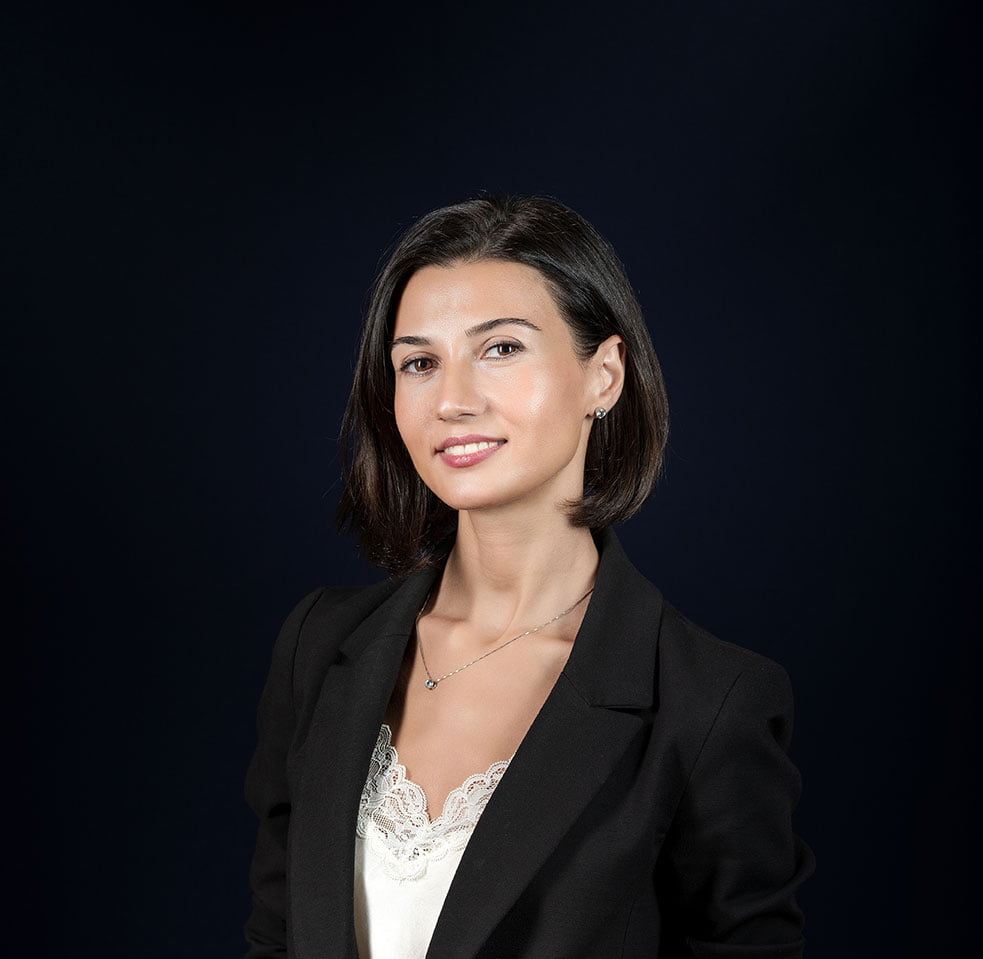2022-05-20 10:22:27
Teona Zurabashvili
Georgia has seen a recent escalation in discussion of a need to renew the political elite with new faces. This idea has become particularly mainstream after the political crises that arose following the 2020 election and led the country into a long political stalemate. An important factor in the renewal of internal structures of political parties could be the promotion of youth, based on the principles of inclusiveness and competition. Promotion of youth is of the utmost importance in the context of Georgia, where the key principle of recruitment of new party members has no precedent in party activities, selection being based on success in a professional sphere and financial resources. This practice further strengthens a policy of dependence on personalities within a party instead of ideological and programmatic development.
Referencing the top ten candidates on the proportional lists submitted for the Tbilisi City Council in the 2021 municipal election, this policy paper gives an overview of the efforts undertaken by Georgian Dream, United National Movement (UNM), For Georgia, Lelo, European Georgia, and Girchi – More Freedom to renew their parties with young leaders. The paper also discusses additional factors that are illustrative of the motivations of political parties with regard to young leaders: whether they are viewed as potential political leaders or if the engagement of youth in politics is aimed merely at sprucing up the façade of political parties. This policy paper also reviews the main circumstances that encourage or hinder the promotion of young members within political parties and their access to the formulation of party policies. In conclusion, the policy paper provides recommendations on how to increase the role of youth within political parties and recommendations for the development of intraparty democracy.
Key words: political parties, young leaders, intraparty democracy.




